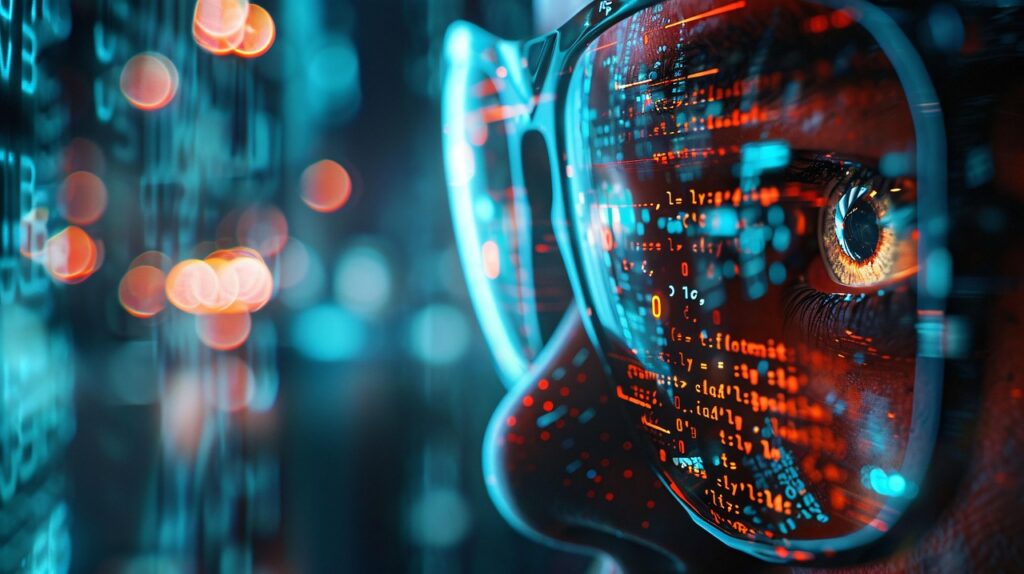How the Home Security Market Uses AI to Keep You Safe
When it comes to home security, artificial intelligence could be a game-changing technology. Artificial intelligence (AI), a term that broadly refers to technologies that mimic neural networks and “learning” behaviors, is unlocking new and exciting doors for home security companies. The advancements promised by AI could help eradicate home invasions and protect thousands of homeowners. But will the home security market evolve to match the promises of AI?
Home Security: State of the Market
The home security market is rapidly expanding. Market research predicts almost 9 percent of growth by 2020, putting the total value of the industry at $47.5 billion. Increasing interests in smart home technology could be fueling the growth—interests that integrate Wi-Fi connections and bleeding-edge technologies into everyday appliances and devices. In just a few years, start-up companies hope to push the limits of technology in the home security market, inevitably colliding with the world’s most advanced AI tech.
AI Evolves Home Security
It’s no surprise that AI technology has crept into the home security industry. Nearly every sector stands to benefit from artificial intelligence. Simply put, AI allows for unprecedented amounts of data to be used in almost limitless ways.
In the home security industry, companies leverage AI in three specific ways: facial recognition, threat analysis, and smart home integration. These are the technologies to watch when it comes to securing your home.
Facial Recognition Technology
One of the primary applications of artificial intelligence has been image recognition. For over a decade, researchers have been putting the world’s largest supercomputer networks to task sifting through millions of images. These AI-powered machines use these images to learn patterns that ultimately allow them to recognize faces or objects automatically. Image recognition technology has matured rapidly and is now commonplace in many products and services, like your smartphone.
Around 2015, facial recognition technology made the leap from the laboratory to the home security market. Today’s most advanced home security cameras “remember” the faces of your friends and family using AI-powered algorithms. Some of these cameras even recognize your family dog. With facial recognition technology, these devices can automatically alert your smartphone when an unrecognized person enters your home, making it easier to have someone watch your house or feed your pets while you’re away.
A New Security Threat?
Facial recognition technology in home security systems raises several new security questions. While these technologies offer protection from physical intrusion, the use of livestreaming video over a web connection creates new vulnerabilities from cyberattackers. Most smart security cameras come with protections against these sorts of attacks, but the home security market is now part of an arms race between hackers and cybersecurity technologies.
Threat Analysis
Some police statistics report that nine out of ten burglar alarms turn out to be false. These false alarms make recognizing the legitimacy of a threat a major hurdle for home security systems. Thankfully, AI promises to begin closing these margins as new technologies are developed.
AI-assisted security systems are on the cusp of advanced threat detection methods. Today’s systems already offer an integrated system of audio, visual, and sensor-based threat detection hardware. The next generation of home security systems may be capable of analyzing your home for potential security issues in a more proactive way. Systems utilizing AI for threat detection would then be able to develop a tailored suite of countermeasures, providing even greater security.
Smart Home Integration
The term “artificial intelligence” is often conflated with digital assistants like Alexa, Google Assistant, and Siri. This misappropriation isn’t too far from the truth—these systems leverage powerful AI algorithms to respond to your voice commands and are improving all the time.
You can control today’s most advanced home security systems using the same voice recognition technology that makes digital assistants so useful. Voice commands allow you to quickly arm or disarm your system and simplify complex scheduling and programming operations. As voice recognition technology continues to develop, security systems will expand their repertoire of voice-activated skills.
Digital assistants and other smart home technologies are always listening for a command, and this functionality raises some critical security concerns. While security breaches are rare, researchers have managed to hack these systems using inaudible commands. AI technology will need to keep pace with security threats if these technologies are going to remain reliable for home security.
Choosing an AI-Powered Home Security System
For early adopters, the first generation of AI-driven home security systems are already available. The functionality of today’s systems is already pretty astounding; many systems offer the ability to play back “highlights” (any time the camera sensed motion), so you can check what occurred in your home throughout the day.
Some security systems are more AI-friendly than others. When you’re choosing a home security company, start with your favorite AI-powered security camera and then choose a monitoring service that is compatible with the technology. The newest companies build cutting-edge security tools directly into their core systems, making home setup easier and adding more features to the devices you choose.
What’s Next?
The future for home security may be driven by AI technology, but that same technology is also spurring the development of new threats. If home security systems become advanced enough to thwart most physical burglaries, many criminals may shift their attention to cyberattacks and identity theft.
A Wi-Fi connected system is inherently more vulnerable to these types of attacks, and even the best protections require constant updating to match the evolution of threats. Home security experts will need to utilize AI to keep pace with the advancement of cybercrime. Homeowners looking to maximize their home security should expect to review and update their systems much more frequently as AI technologies continue to progress.
Conclusion
Artificial intelligence is already shaking up the home security industry, and the role of AI in home security will likely become much more prominent as these technologies continue to mature. New and unsettling questions of surveillance, privacy, and AI-driven monitoring are beginning to crop up in the home security industry, signaling a new frontier for smart home technology.




Comments are closed.